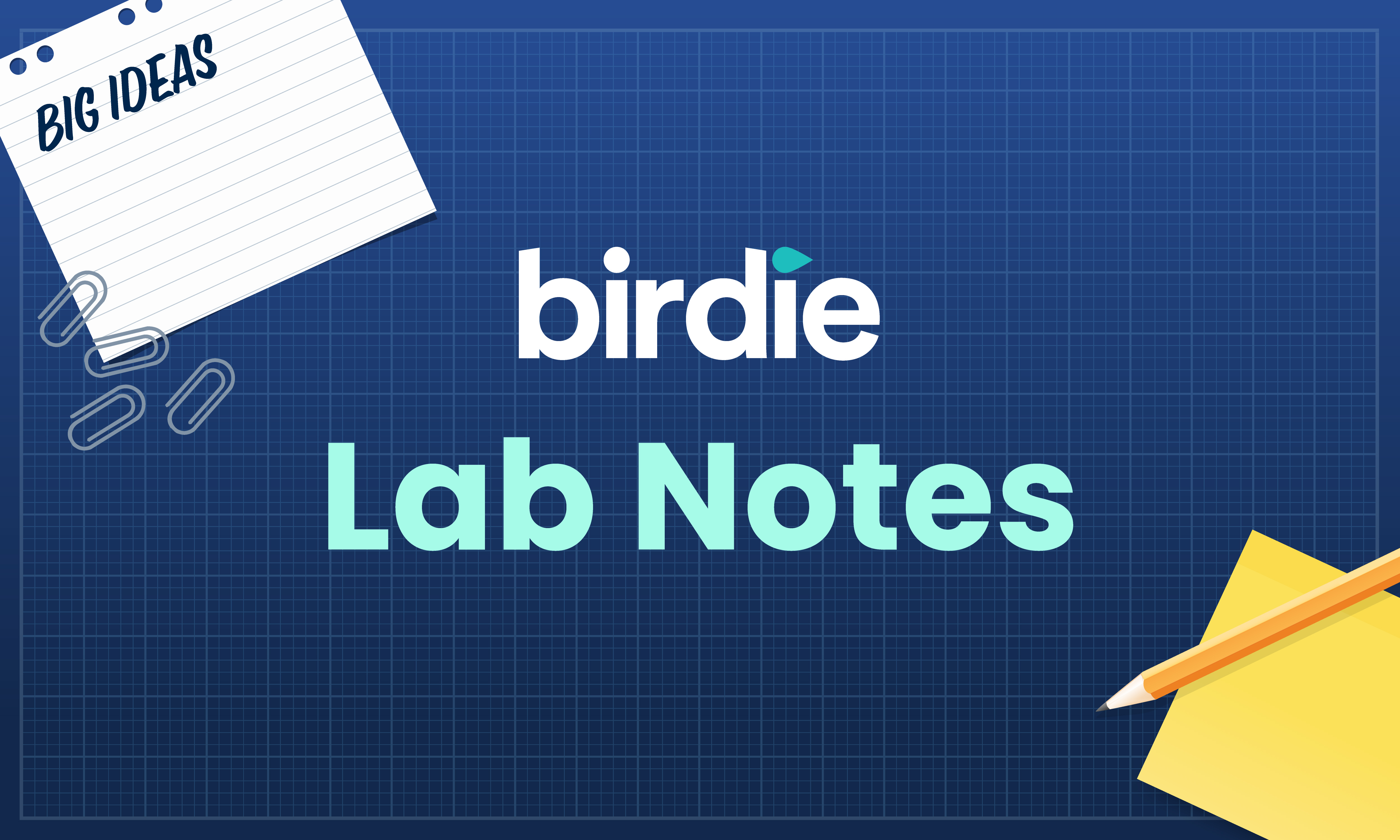Table of contents

When I was younger, I used to visit my grandfather in a care home. He had Parkinson’s disease and when my grandmother died suddenly, my family decided that a care home was the best place for him.
Despite what we thought, it didn’t help, and his health began to decline rapidly. He hated being there, I hated seeing him so confused and disoriented, lonely and unhappy, and so I too began to hate going there, avoiding it as much as possible.
I realised that I, just like the rest of society, was struggling with ageing.

Sixteen years later as I’m sitting with a group of friends, all tech entrepreneurs and healthcare professionals, we began to ask the question; how can technology serve a social purpose?
That’s when it hit me that we could change the way our society sees, and manages, an aging generation. After conducting hundreds of interviews with professionals, relatives and public authorities, we discovered that the problem was mind-blowingly big, bigger than we initially thought.
Care homes are not economically viable for most families, and in the next eight years there will be more than 70.000 beds needed that currently don’t exist in the UK, not to mention terrible stories of neglect and abuse.
Today, there is a one-billion-pound funding gap regarding older citizens — that’s 1.2 million older people struggling alone at home — and increased budget cuts mean more caregivers are unable to continue their work. That’s just the beginning, as the number of dependent older adults is set to triple over the next twenty years.
We found these problems across Europe, Asia and America, not just the UK. In other words, we’re currently facing a global societal crisis that is a ticking time bomb. And we need to address it urgently.
“The future is at home”
Our research and conversations kept coming back to the same thing over and over again: the future is home. It is the one place we belong, we share, we love and we live life together.
Relatives, starting with sons and daughters, will have to take their share of the responsibility, regardless of how burdensome it is. Yet with technology, we knew we didn’t have to ever uproot people from their home environment again.
In fact, we could be the ones to shape a different way to age. So with burning passion, a strong vision, a team with exceptional expertise and the trust of brilliant investors, we created Birdie.
Birdie, the first elderly care companion
Birdie is a care companion, offering not only an alternative to care homes but keeping our older, invaluably precious, generation healthy and independent at home, while giving families reassurance, confidence and support.
We believe that elderly care can happen at home through a combination of informal care from families and friends, formal care from professionals and empowered adults who confidently take control of their health and ultimately their lives.
We provide digital solutions that connect everyone involved in the circle of care, giving mutual confidence and a collective peace of mind. Families can coordinate, interact, and follow their elderly parents health and wellbeing, identifying and being notified in real-time of any issues such as a fall, or absence.

What’s even more exciting is that we’ve built the most advanced algorithms based on the carers’ information and connected devices around the home to draw up reports on personal care, infection, risks or a decline in health.
We now have the technology to provide a constant care companion, giving constant peace of mind, allowing adults to live longer and healthier in their own homes.
Our geriatricians say we could easily lower by 20% the emergency rushes to the hospitals with our prevention analytics. The average life expectancy of an older adult after her fourth admission at the hospital the same year is 6 months. So yes, we can save lives.

What about the professional care agencies? We believe that technology is supposed to improve the human experience, not replace it, so we help build a tighter, more sustainable circle of care by assisting care professionals with the technology to access reports, collect data and operate more efficiently.
We know how much care agencies struggle. We support them nearly for free so they can spend less time on admin and more time caring for the good of the families. We also want to empower older adults to continue living the lives they want by coaching them early on their medical, physical or cognitive activities.
Let me explain this with the life curve. A good proxy of your level of autonomy as an older adult is the number of activities of daily living that you can perform over the years.
If you look at the shape of the black curve, you see that older adults decline rapidly and then stabilize when they’ve become highly dependent. However, a study by academics from Newcastle University has demonstrated that we could revert the acceleration of adult decline with simple coaching and prevention — that the green curve, giving several healthier years at home and avoiding hospitalisation and its associated costs.
Society has the means to slow ageing and fulfil its promise of independent living.

We cannot stop time turning but we can improve the experience and change the story.
We are determined to change the way we deal with ageing, writing a story of joy and confidence, in warm homes with shared responsibility (not only about weakening muscle and memory loss).
We want families to sit with their parents and grandparents, comfortable in their home, surrounded by their history and the ones they love. It’s the very reason I started Birdie, and the thing that gets me out of bed every day.
We’re on a journey to build a society in which we all age with confidence and explore the next stages of our life, on our own terms. We’re building Birdie to change how we age.
Published date:
March 1, 2018
Author:
Max Parmentier


















.svg)